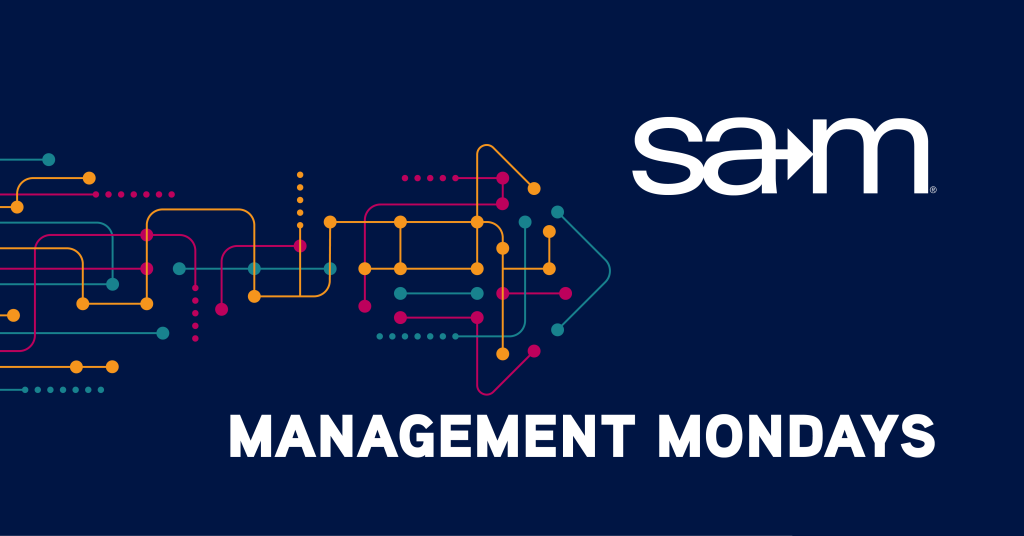
The idea of work-life balance shows up everywhere. It appears in leadership seminars, corporate values, and wellness programs. Yet for many professionals, it feels like a phrase that belongs more in theory than in reality. Life does not move in clean, evenly divided segments. Work often flows into the evenings, family needs interrupt structured plans, and personal health is quietly set aside until it demands attention. Trying to balance everything equally can leave you feeling like you are always behind. No matter how carefully you manage your schedule, the scales never seem to settle evenly.
Rather than aiming for perfect balance, it is more helpful to aim for alignment. Life shifts from day to day, and your priorities will too. When you allow for flexibility and check in with how your time and energy are being spent, you gain clarity about what actually matters. Managers who understand this are less likely to burn out and more likely to lead with presence and intention. Instead of trying to maintain equal time across all areas, ask yourself a better question: does how I spend my time reflect what I value? If the answer is no, that’s a signal that something needs to change.
The Cost of Misalignment
When one part of your life takes over completely, the impact often shows up in unexpected places. A tense workday might lead to a quiet dinner at home, where conversations feel strained. A lack of sleep or movement can make you short with your team or less focused in meetings. Skipping personal time to keep up with emails can result in burnout or resentment. These are not random frustrations. They are symptoms of something deeper. When you neglect one area of life for too long, the others begin to feel the weight of that neglect.
Managers in particular face unique challenges. You are often responsible for solving problems, motivating others, and making decisions while also juggling personal responsibilities. These demands are not always visible to others, but they create real pressure that does not stop when the workday ends. Recognizing how your personal well-being affects your professional impact is essential. When your energy is depleted in one area, it reduces your ability to be effective in another. Paying attention to how your decisions ripple across work, family, and health is not just personal care it is strategic leadership.
The Three Domains That Shape You
Think of your life as being shaped by three primary domains: work, family, and health. These areas are not meant to be separate or isolated. They overlap constantly and influence one another every day. Picture three circles in a Venn diagram. Where they meet is your core, the space where your identity, values, and well-being come together. When one area becomes neglected or overwhelmed, that central core shifts and your overall quality of life changes. Even if you are succeeding in one domain, you may still feel out of sync if another area is suffering.
Work is more than a job title or a salary. It is your experience of contribution, purpose, and growth. Family includes not just blood relatives, but also the people who stand by you in meaningful ways. Health is more than fitness; it includes energy, clarity, and mental resilience. These three domains create the framework for how you show up each day. When you strengthen one, you often benefit the others. But when one is neglected, your sense of balance and effectiveness begins to suffer. Recognizing this interplay helps you lead from a place that is not only productive, but also whole.
Awareness Before Action
Before you try to improve anything, you need to understand where you currently stand. Begin by rating your satisfaction in each domain on a scale from one to five. How do you feel about your work, your family relationships, and your overall health? This kind of honest self-reflection helps identify where attention is most needed. You might find that one area is thriving while another is barely functioning. That clarity allows you to make better decisions about how and where to direct your effort. You do not need to fix everything at once, but you do need to know where to begin.
Once you have a sense of where your energy is being drained, choose one small step toward improvement. If work is crowding out everything else, you might start by creating a no-meetings hour each day. If family time feels limited, perhaps you commit to one consistent weekly activity together. If your health has been overlooked, maybe your next move is to prepare a nutritious breakfast or get outside for a short walk. These small actions are more powerful than they seem. They signal to yourself that you are choosing to move forward, not just stay afloat.
Final Thoughts
Perfect balance is a myth that often leads to guilt and frustration. Instead of chasing an even split, consider a more honest approach. Life will always shift. Work may demand more attention at times, and personal needs may take the lead at others. The key is to stay aligned with your values, even when your time allocation varies. You are not failing when everything feels uneven. You are learning to adapt and respond to what matters most in that moment. That awareness is a strength, not a flaw.
Managers who lead well are not those who control every variable. They are the ones who remain present and grounded across the different roles they play. When you invest in your work, your relationships, and your health with intention, you create a stronger, more centered version of yourself. That version of you makes better decisions and leads others more effectively. Alignment may not always look balanced from the outside, but it creates peace on the inside. Start by noticing where you are out of sync. Then take one small, clear step to realign. That is where your best leadership begins.
If the demands of work, family, and health often leave you feeling stretched thin, you’re not alone. As explored in our recent article, managing these three domains is not about achieving a perfect balance but about staying aligned with what matters most. For managers, that awareness is only the beginning.
The Frontline Manager: Work-Life Balance course is your next step toward real change. Designed for current and aspiring frontline managers, this course provides practical strategies to help you clarify your priorities, reduce stress, and make more intentional decisions with your time. Whether you are learning to say no to distractions, managing burnout, or seeking fulfillment across work and life, this course offers tools that help make balance feel possible again.
Start building a more sustainable approach to leadership. One that supports your responsibilities without neglecting your own well-being. SAM members receive a 20% discount when registering for the Frontline Manager: Work-Life Balance.

Written By,
Patrick Endicott
Patrick is the Executive Director of the Society for Advancement of Management, is driven by a deep commitment to innovation and sustainable business practices. With a rich background spanning over a decade in management, publications, and association leadership, Patrick has achieved notable success in launching and overseeing multiple organizations, earning acclaim for his forward-thinking guidance. Beyond his role in shaping the future of management, Patrick indulges his passion for theme parks and all things Star Wars in his downtime.
